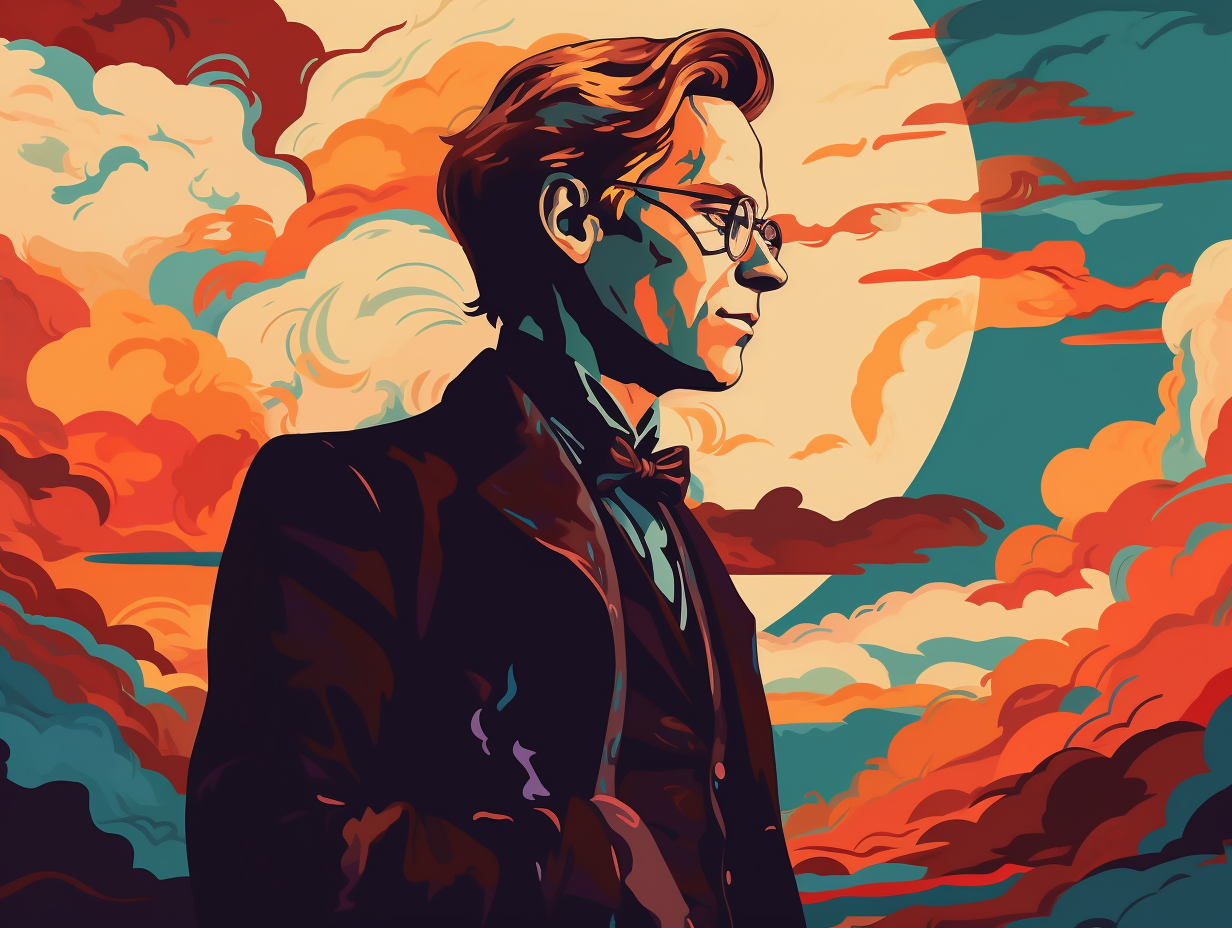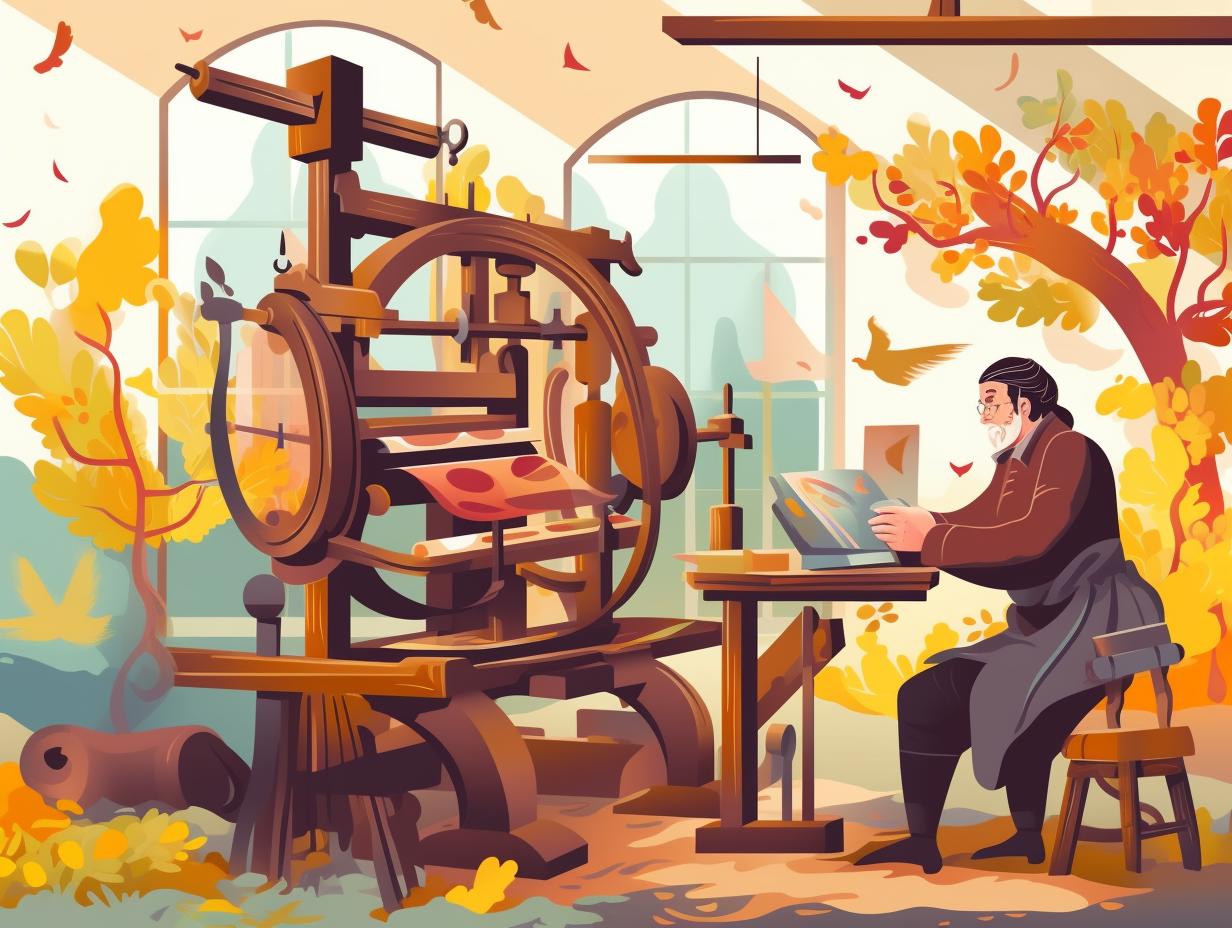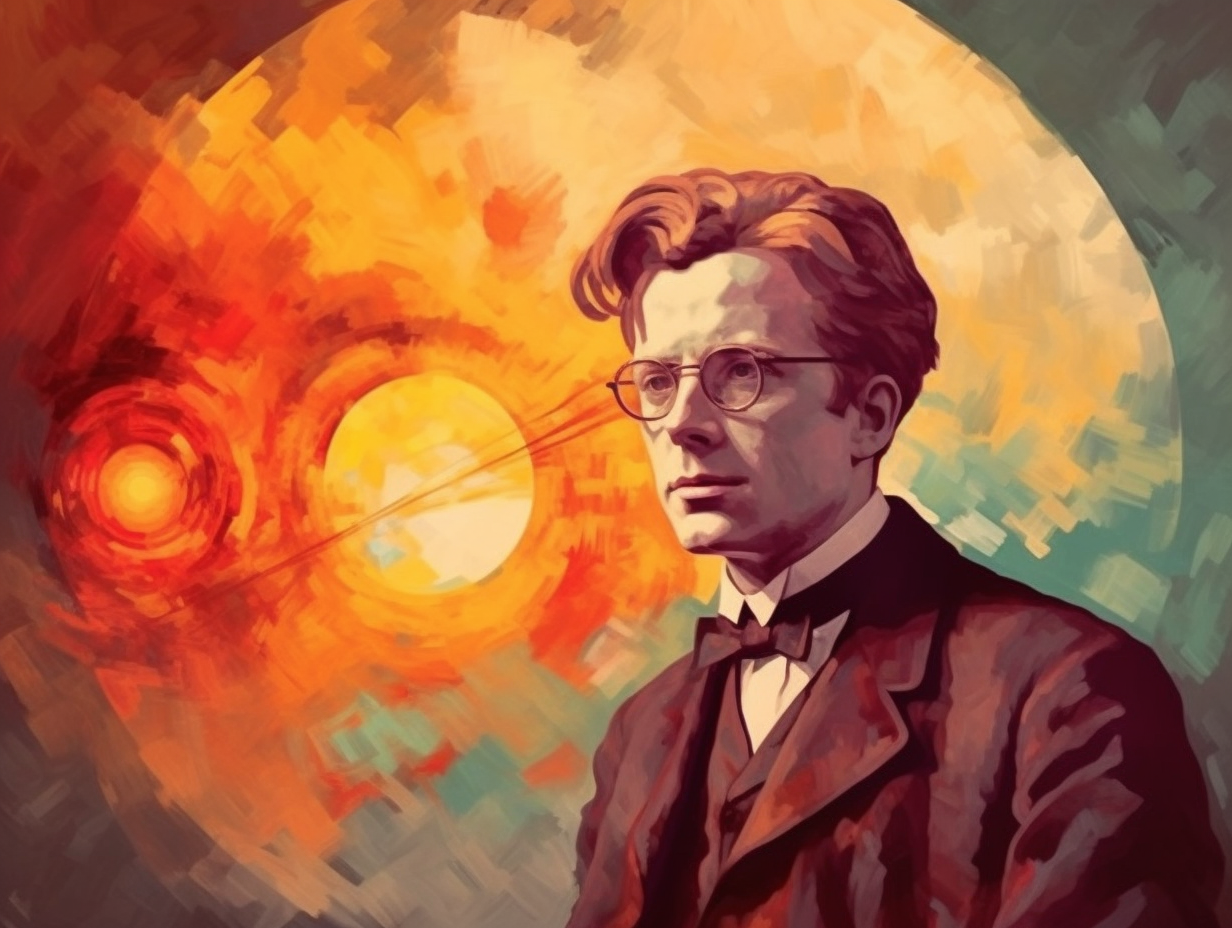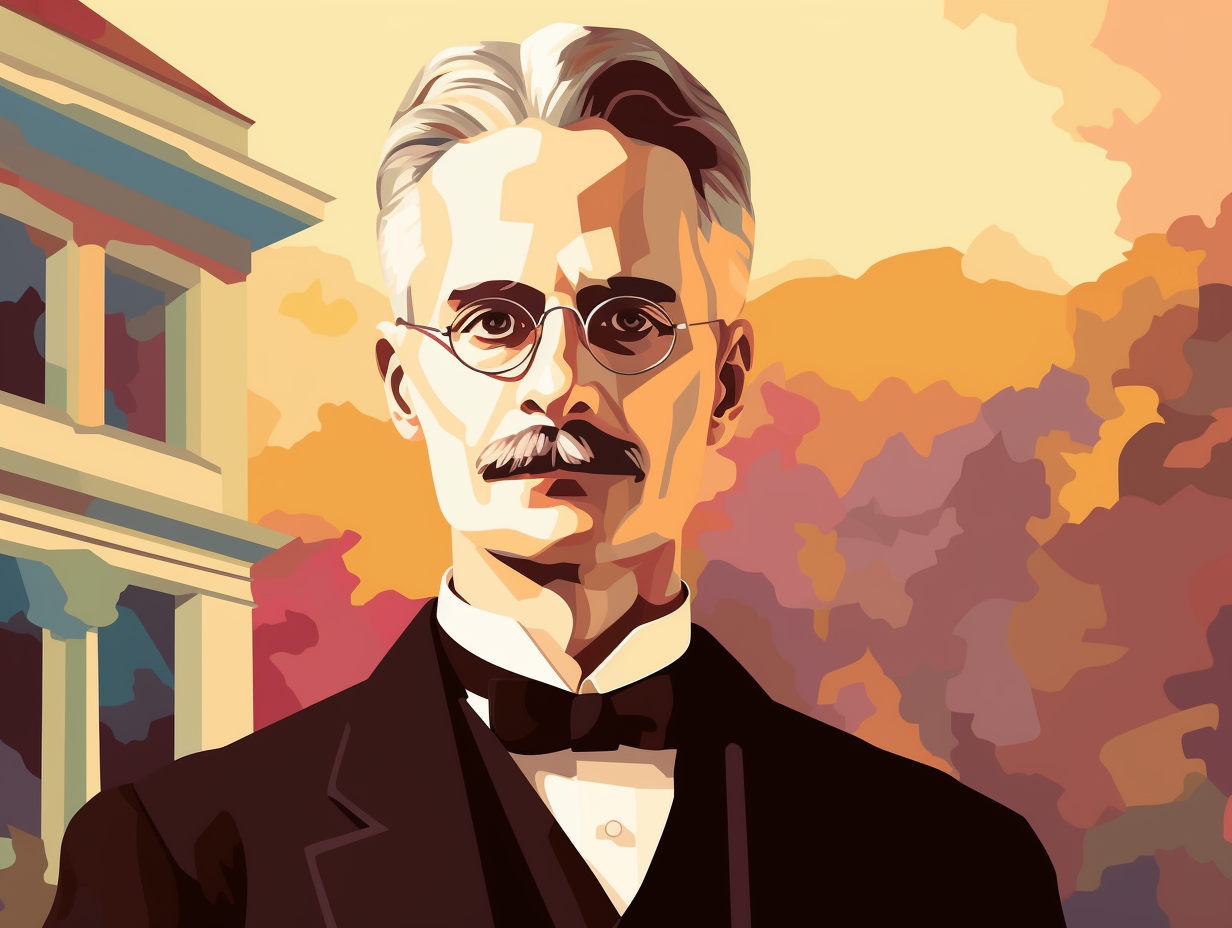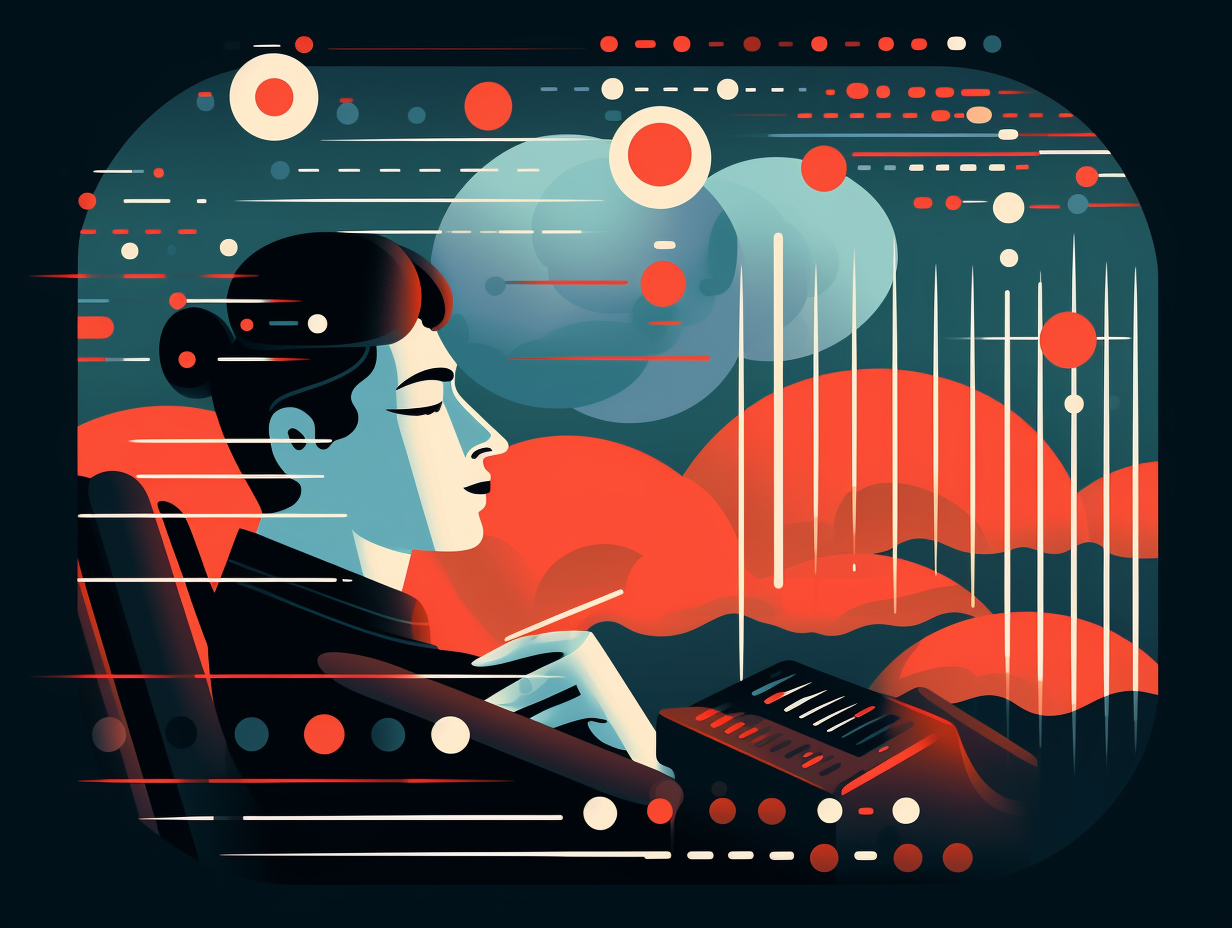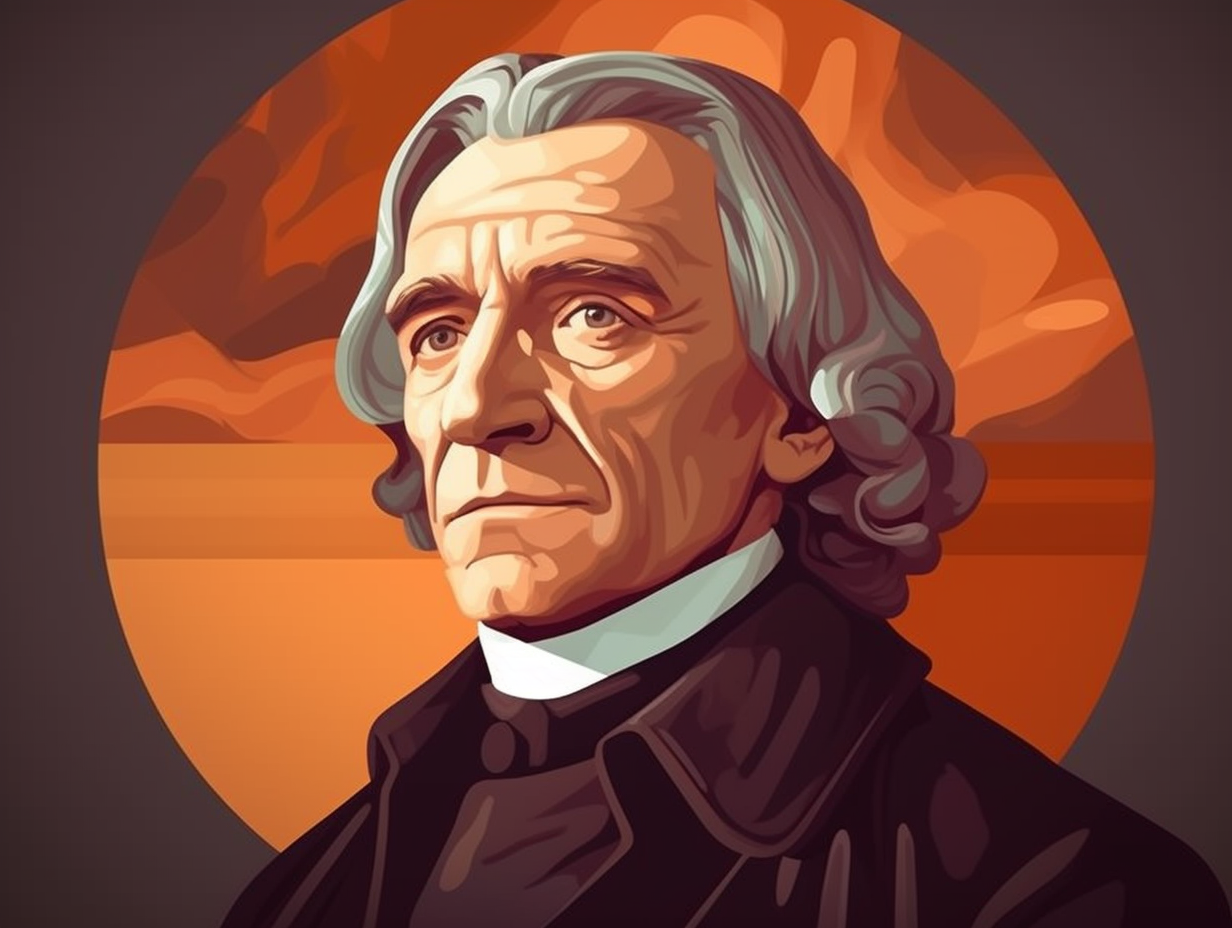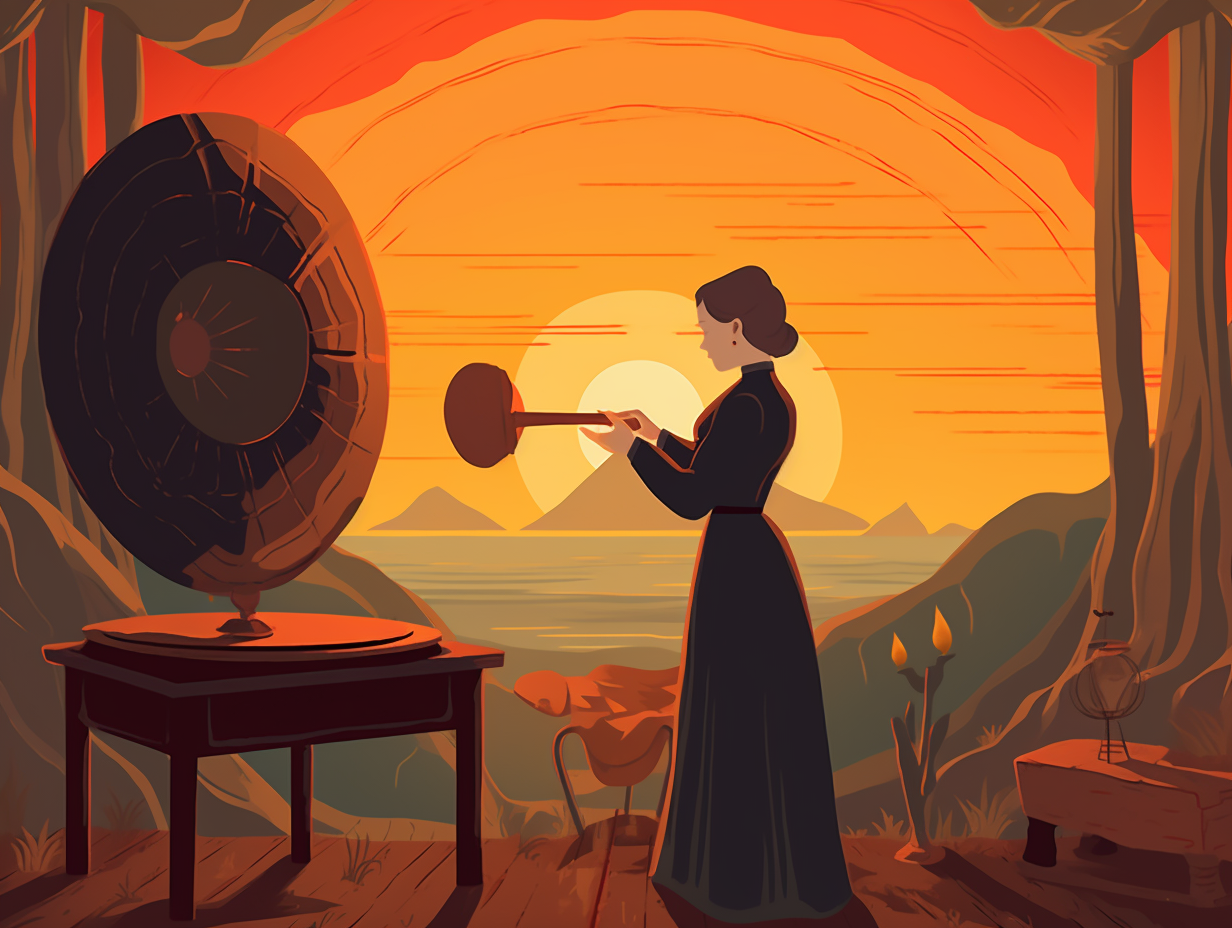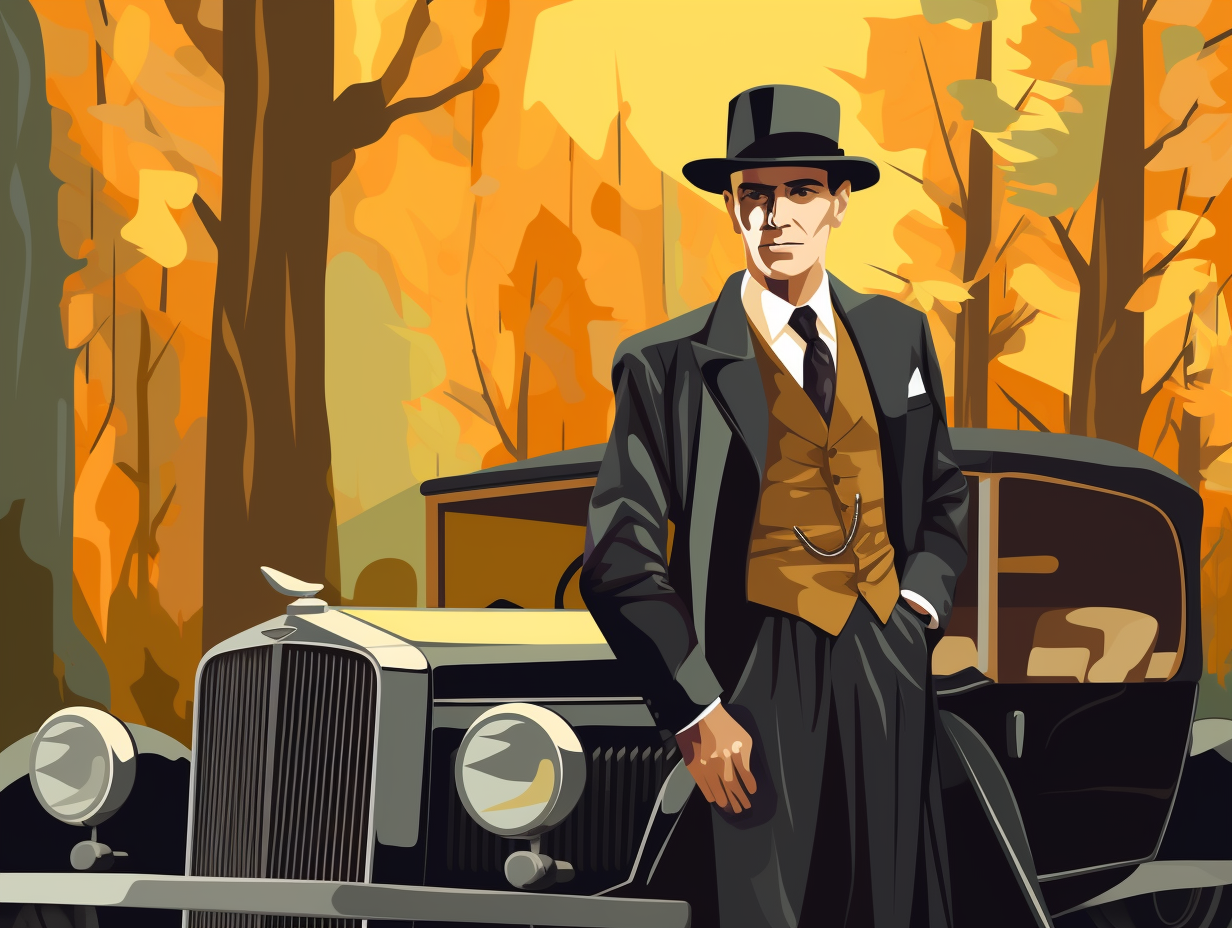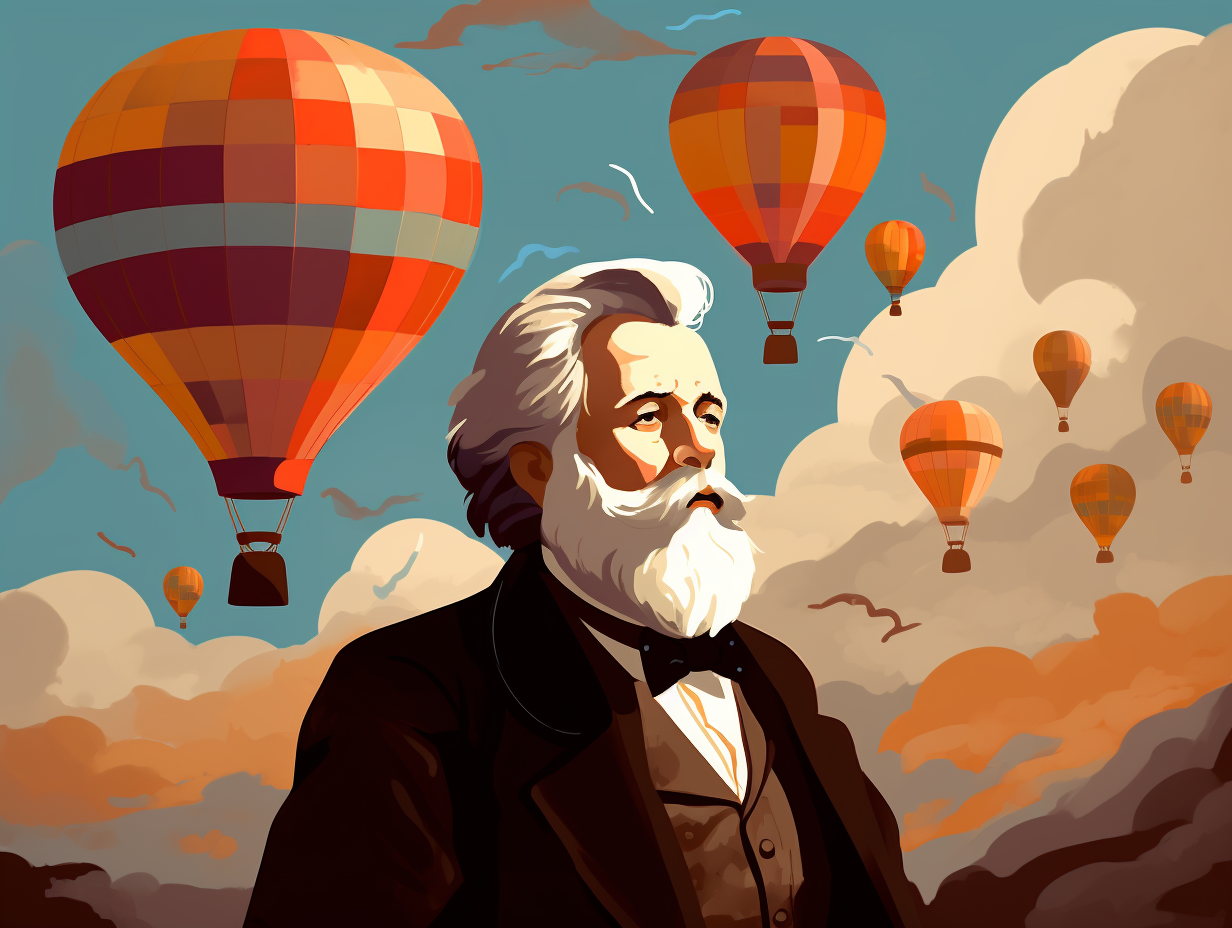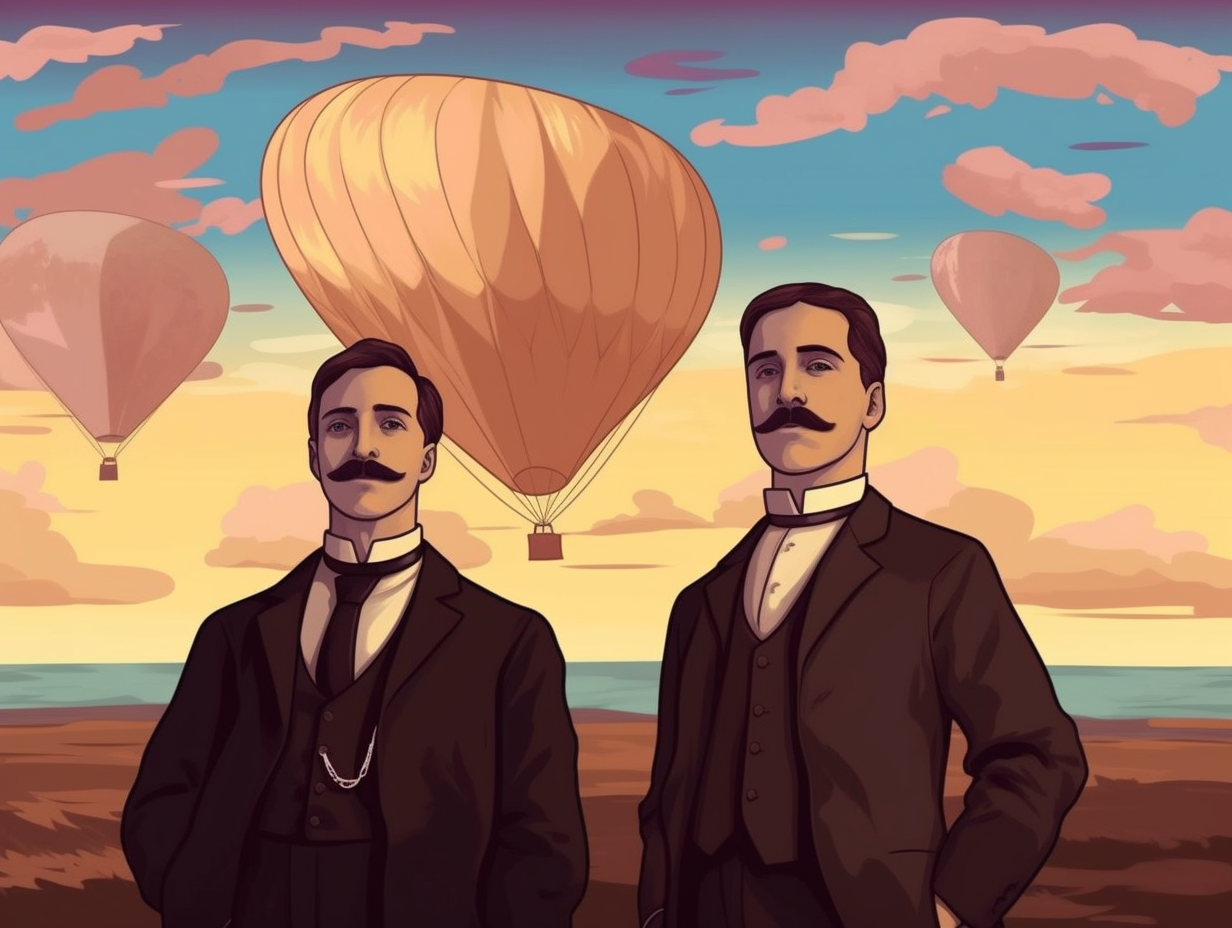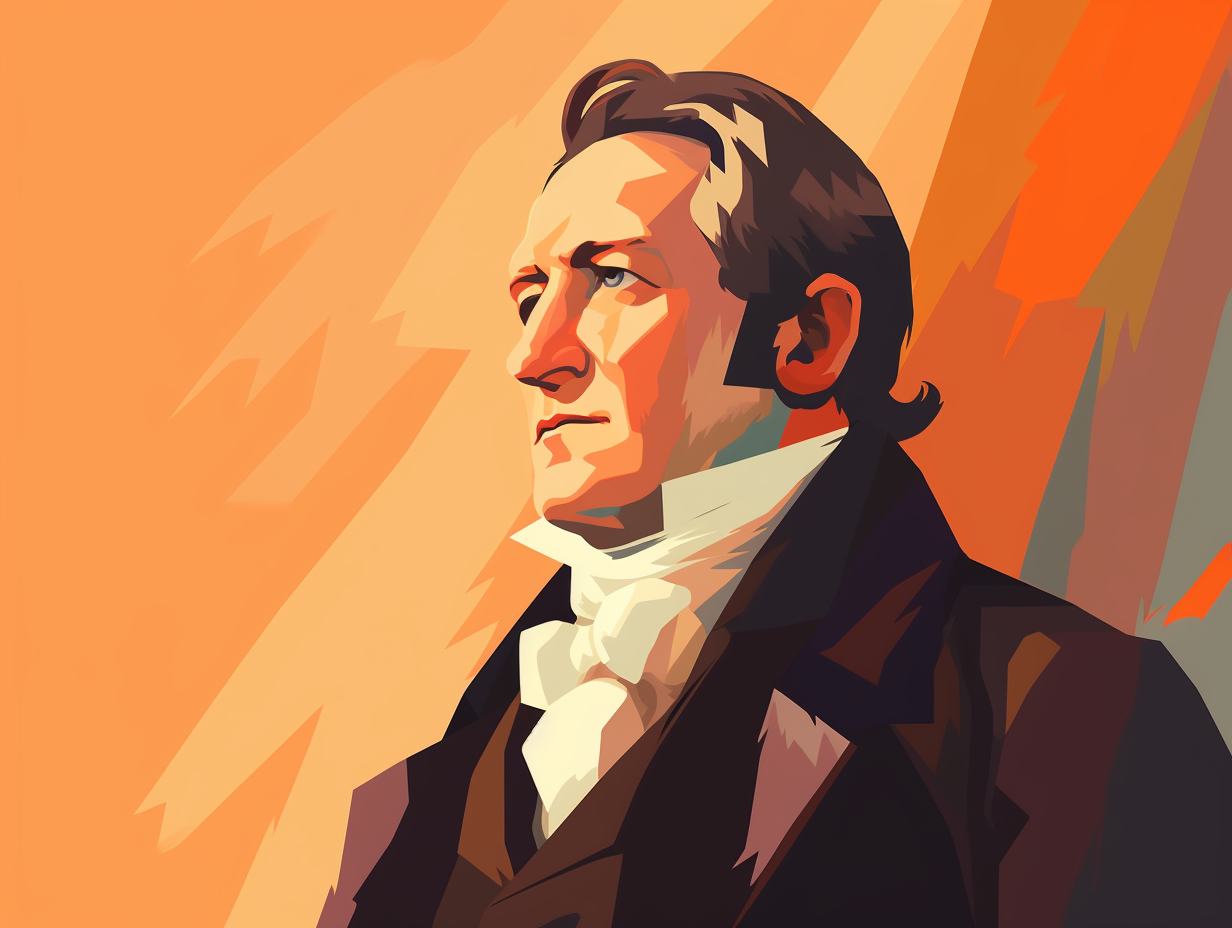Unraveling the Genius: Top 8 Fun Facts About Charles Babbage You Never Knew!
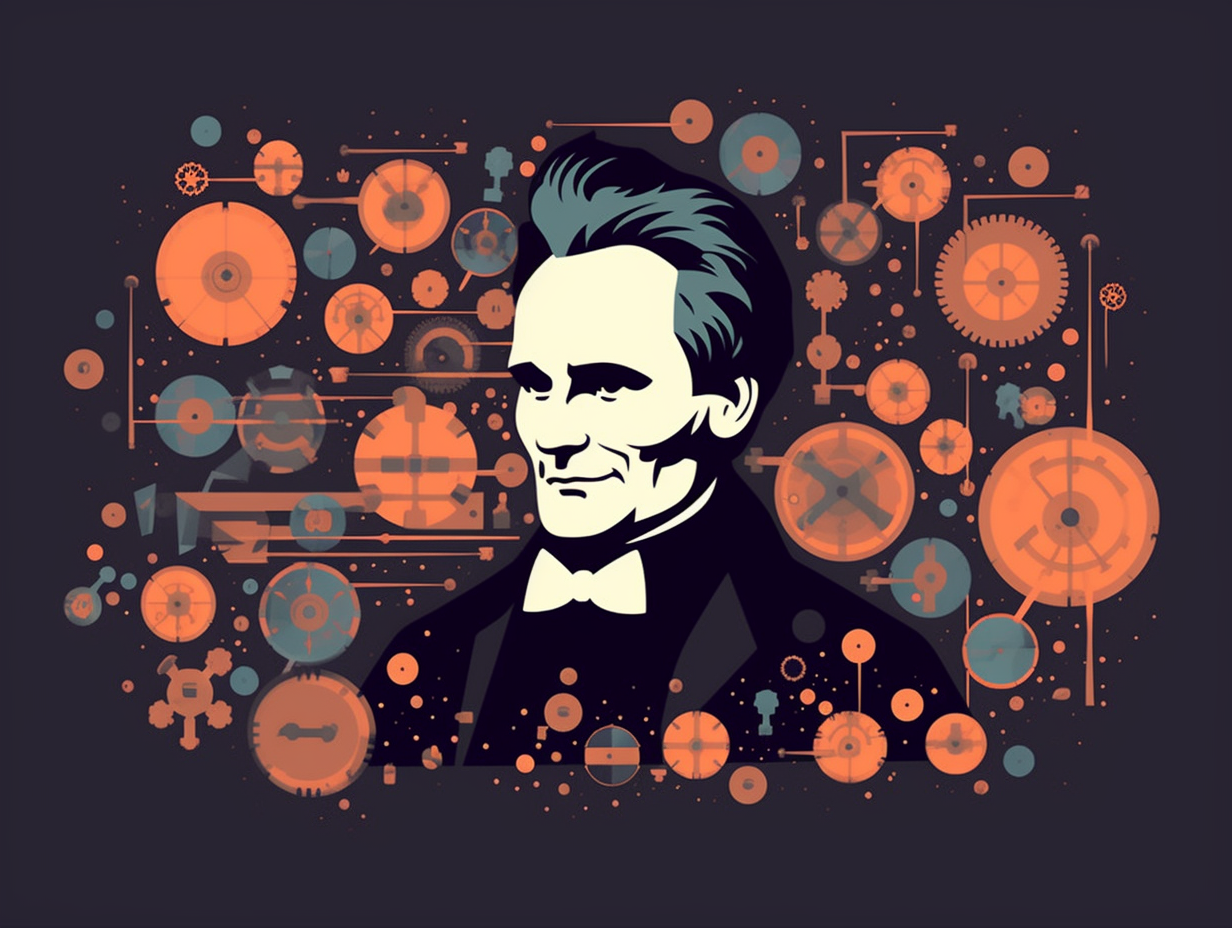
1. Analytical Engine: The Dawn of Computers
Before computers had a byte out of Apple, and decades prior to Mr. Turing cracking enigmatic codes: Charles Babbage devised the Analytical Engine in the 1830s, heralding the dawn of the computer age with its ability to perform arithmetic operations, conditional branching, and loops – though sadly, the grand contraption was never built in his lifetime.
Source => en.wikipedia.org
2. Mechanical Grandaddy of Modern Computers
Before the age of TikTok and Twitter, when gears and cogs ruled the world: Charles Babbage's Analytical Engine, designed in the 19th century, was the mechanical granddaddy of modern computers, with logical and memory functions that make Siri green with envy and earned him the prestigious title of founding father of computer science.
Source => mechse.illinois.edu
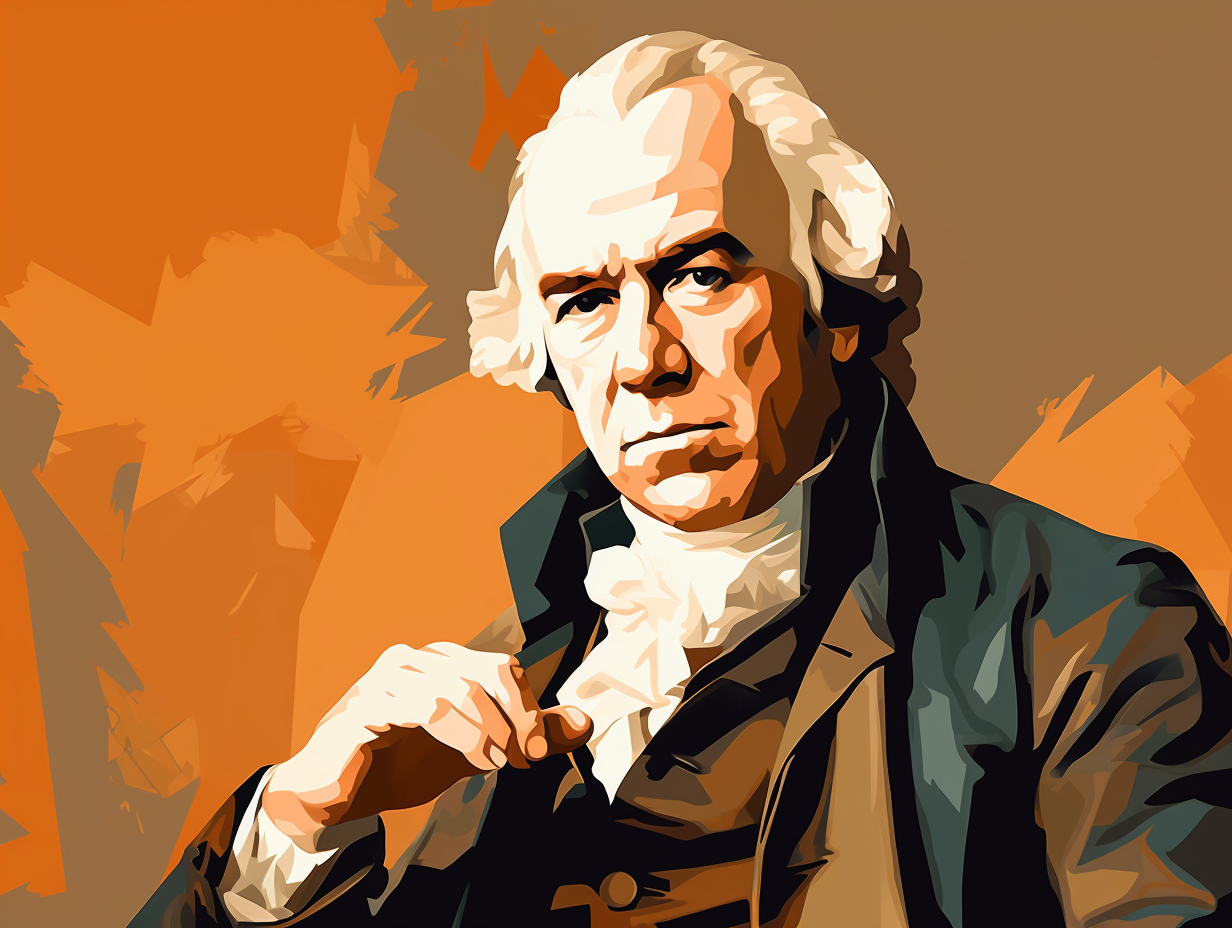
Did you know the term "horsepower" was invented by James Watt to compare his steam engines to draft horses? Discover how powerful a single horsepower really is!
=> Fun Facts about James-Watt
3. Cryptographical Houdini Babbage
Before he was "crunching numbers" in the literal sense with his mechanical computer inventions, Charles Babbage was quite the cryptographical Houdini, escaping the grasps of secret codes: Babbage's breakthrough in deciphering the elusive Vigenère cipher involved detecting the length of the key through periodical repetitions in the ciphertext, which stealthily contributed to the development of modern cryptography.
Source => tandfonline.com
4. The Nearsighted Visionary of Ophthalmology
Ironically nearsighted in his visionary pursuits, Charles Babbage squinted down the rabbit hole of ophthalmology, trying to examine those windows to the soul with a gadget of his own invention: Unbeknownst to most, Babbage crafted an early version of the ophthalmoscope, which sadly failed to attract the medical community's gaze. Nevertheless, this foresightful figure left an indelible mark with his groundbreaking Difference Engine No 2 and color vision studies.
Source => ncbi.nlm.nih.gov
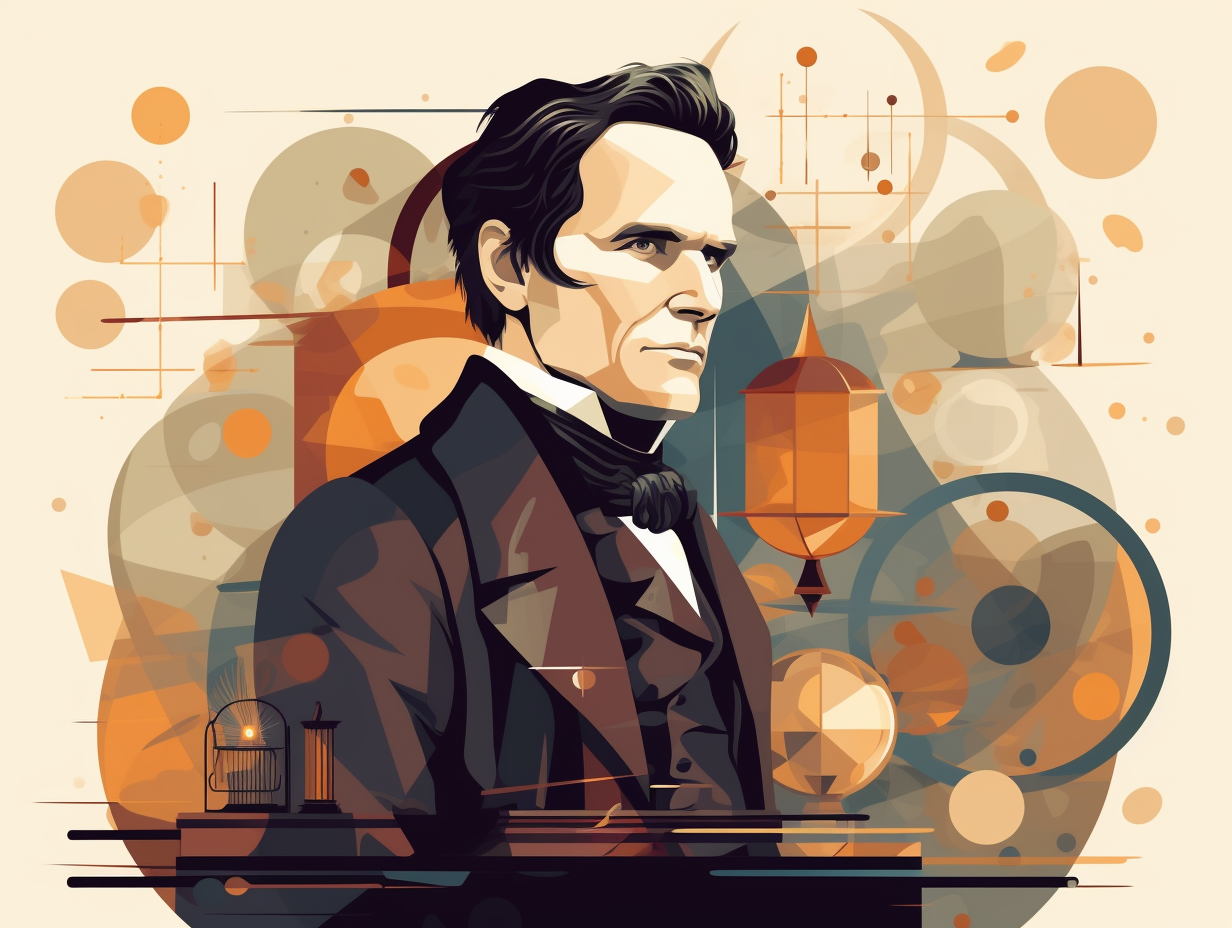
5. Ada Lovelace: From Wingless Wonders to Number Crunchers
From wingless wonders to number crunchers: Although Ada Lovelace never managed to invent a flying machine, her passion for machines and mathematics led her to collaborate with Charles Babbage on his groundbreaking inventions, the Difference Engine and the Analytical Engine. By translating a French article about the Analytical Engine and adding her own extensive annotations, Lovelace became the world's first computer programmer, showcasing a deep understanding of the machine's potential beyond mere calculations.
Source => mpg.de
6. Babbage's Cowcatcher Proposal
Moo-ve over, traffic cones: Charles Babbage, the 19th-century brainiac behind modern computing, once proposed a "cowcatcher" to his train-operating employers. Though its bovine-corralling construction remains a historical mystery, this genius-led innovation – a device affixed to the front of locomotives to deflect unruly obstacles and ensure smooth rail journeys – has chugged into modernity as a safety feature on today's powerful engines.
Source => en.wikipedia.org
7. 19th Century Heartthrob Charles Babbage
Move over, Mr. Darcy - there's a new 19th century heartthrob in town: Charles Babbage, the debonair inventor, mathematician, philosopher, engineer, and author who managed to fund his jet-setting lifestyle (and rather large family) with his inheritance, making him quite the Georgian-era "catch": Behind the laughs, Babbage was a man of many talents, traveling the world extensively while finding time to raise eight children and pen the incredibly forward-looking book "Economy of Manufactures and Machinery".
Source => en.wikipedia.org
8. Mad Hatter of Computer History
Long before a fruit named brand took a byte out of the tech world, a Victorian-era visionary was already crunching numbers like a mad hatter at a tea party: Charles Babbage designed the precursors to modern computers, the difference engine and the analytical engine, whose programmable punch card system was so ahead of its time that the full machines couldn't be built during his lifetime, earning him the fitting title of "father of the computer."
Source => en.wikipedia.org
Related Fun Facts

